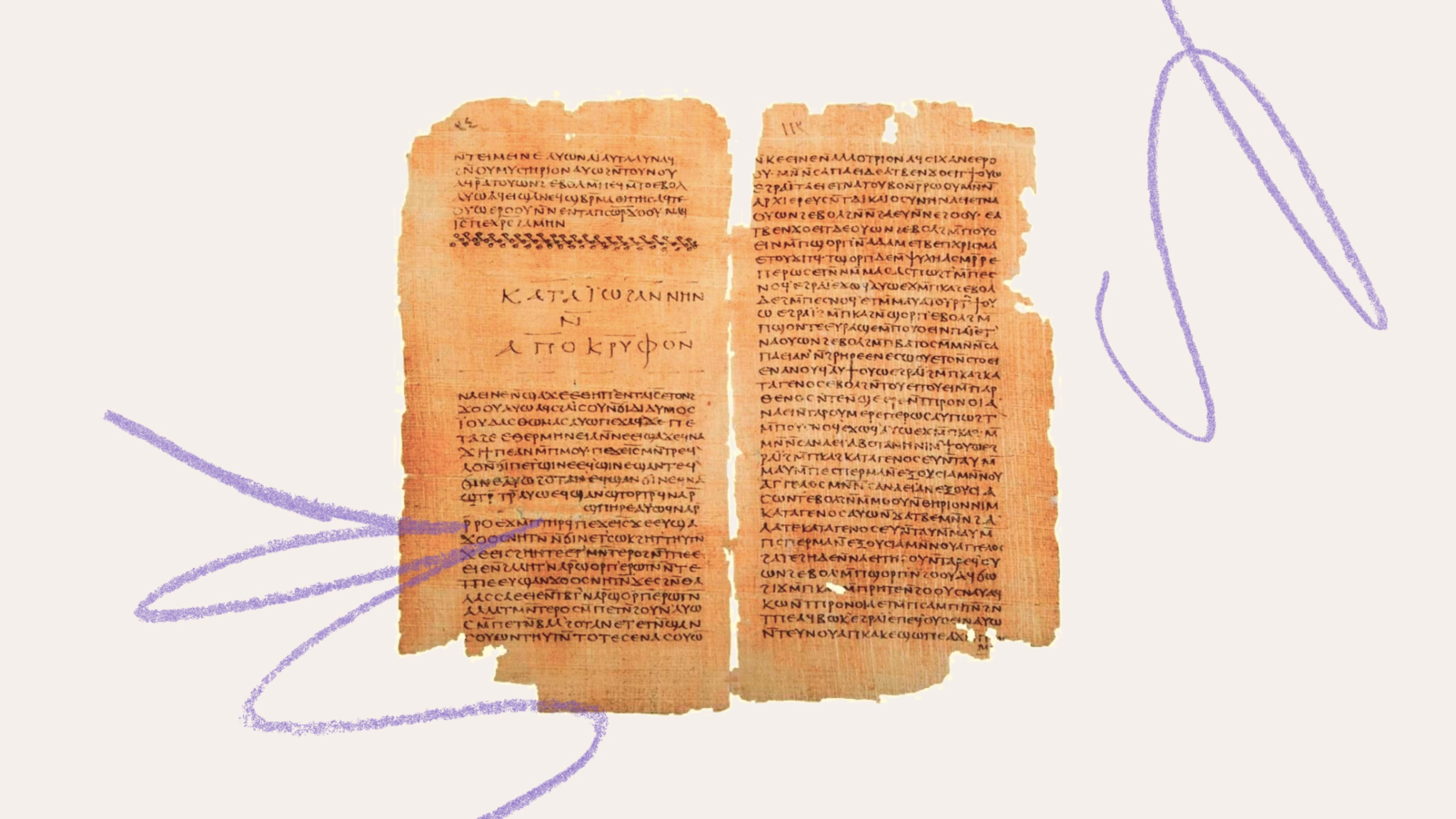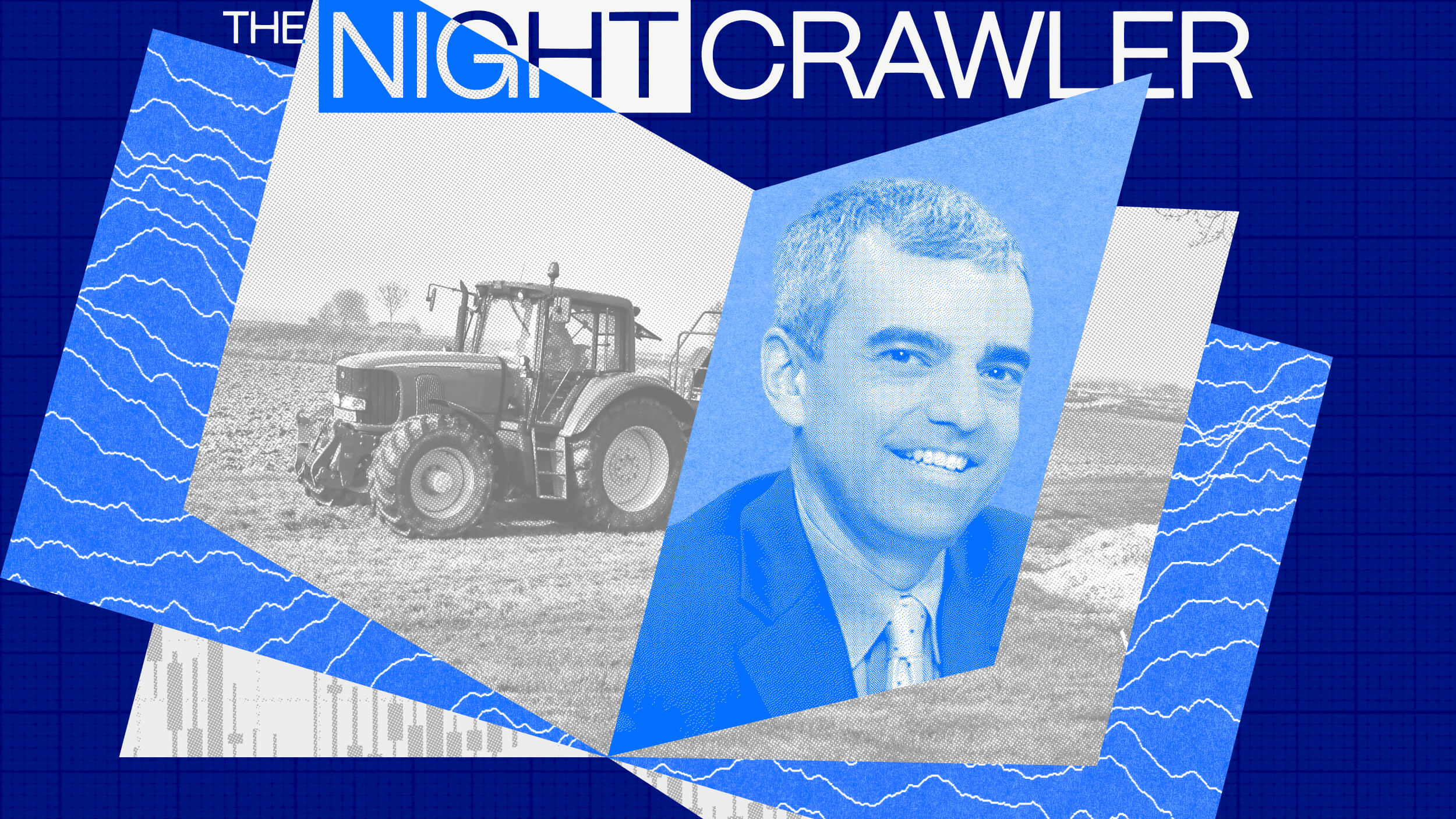Rachel Resnick has struggled to understand the psychological underpinnings of her addiction.
Question: What was your childhood like?
Rachel Resnick: My mother was very young, she was mentally ill, and it was a period of time when… it’s 30 years ago, when people didn’t know the difference between paranoia, schizophrenia, manic depression. They didn’t know how to treat it, so she was kind of self medicating with alcohol. This bond that suppose to happen, because it keeps going back to relationships and bonding, she wasn’t really able to show up as a mother, and as I understand that your neurochemistry doesn’t develop a certain way as an infant and you need kind of jolts, so you’re kind of being prepared to be a love addict in that way, and she was also for me the original love junkie if you flipped through the book, there’s that line, “My mother cried over all the men in her life,” and so, clearly there was a depressive thing which has an effect on kids, again, laying the ground work. She wasn’t really available, so I’d be reading fairy tales which no doubt fed into romantic ideas of love, sacrifice, yearning, because you’re yearning to have the original attachment. Then, layer on top of that the father. Again, they’re both young and so I’m not blaming them, and in fact, that’s been a big part of breaking out of this cycle is it’s not anyone’s, you know, responsibility except your own. You’re an adult at this point, let’s go. It’s enough. You’re not going to get the parental love, that wouldn’t be an ideal. We already have a mentally ill mother which has its own drama in the house and there was always chaos and drama and her choice is kept getting worse in men. Her next choice for a husband was someone who was very violent, who had maimed himself to get out of going to Vietnam. He was alcoholic, very abusive, controlling. So, he ran out and I’m glad my mother had enough presence of mind to take me and we were off to New York and left that and she was 7 months pregnant at that time. It’s very, yeah. So, interestingly that aspect of the Dickensian just these overblown incidents, which I didn’t really think of that way when I was growing up, because you can’t. That’s so confusing [IB] you get so into your survivor mode and gallows humor. But the truth is now when I look back and this memoir was a hugely informative for this, I realized that that was one of the spots like there [IB] words were called spots in time that kind of flashpoints were I experienced diffusion of fear and pleasure. And that, I think that violent experience and the abuse there really had something to do with informing some of my choices with ex-cons and various other unsavory but exciting [seeming], smart, charming but dangerous men later on.
Recorded on: September 30, 2008.





